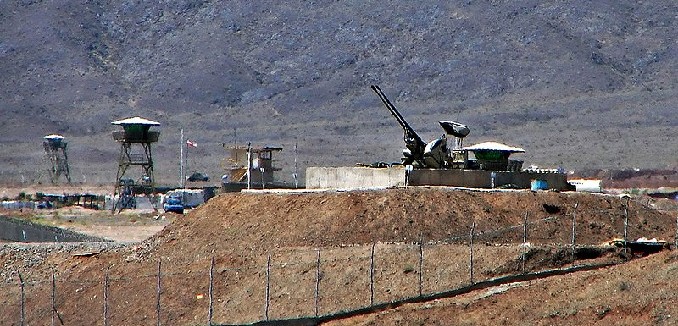Two weeks ago Iran’s chief nuclear negotiator Saeed Jalili emphasized that Iran would harden its negotiating stance after its upcoming June presidential election:
Iran has refused to do so during a decade of on-and-off negotiations, despite hardening economic sanctions, arguing its uranium enrichment has peaceful purposes only and therefore can continue under international law. Jalili, speaking at a university in Almaty, said that stance would not change.
“We think our talks tomorrow can go forward with one word. That is the acceptance of the rights of Iran, particularly the right to enrichment,” he said… Jalili said Iran would continue to defend its policy regardless of a June presidential election, which Western diplomats say complicates Tehran’s approach to talks. “The impact of the election will be that … our people will defend their right with more rigor,” Jalili said.
Subsequently, some foreign policy analysts suggested that Jalili’s statements should be dismissed and that Iran would indeed soften its negotiating stance after the election. Iranian officials over the weekend reemphasized the opposite:
An Iranian nuclear negotiator is saying that Iran’s coming presidential election will not affect its stance in nuclear talks with world powers. The Sunday report by the official IRNA news agency quotes Abbas Araghchi as saying “changes in domestic politics in Iran will not affect the trend in nuclear talks.”
In the meantime, Tehran tripled its installation of advanced enrichment infrastructure. The Associated Press bluntly noted that “10 years of diplomatic efforts have failed to persuade Tehran to curb its uranium enrichment… [i]nstead, Iran continues to increase its capacities.”
Iran is approaching the point at which it will have sufficient critical infrastructure – the material, know-how, and technology – to rush across the finish line at will.
The dynamic is fraying international nonproliferation norms. Last week a leading Iranian lawmaker threatened that Iran may withdraw from the Nuclear Nonproliferation Treaty. Other Iranian lawmakers denied that Iran would leave the treaty, but the threat underscores analysts’ fears that any such move, especially if coupled with Iranian nuclear weapons acquisition, would shred the global nonproliferation regime. Iran would have used the NPT to secure nuclear technology just short of nuclear weapons development, and then discarded the treaty as the country acquired the weapons.
[Photo: Hamed Saber / Wiki Commons]




